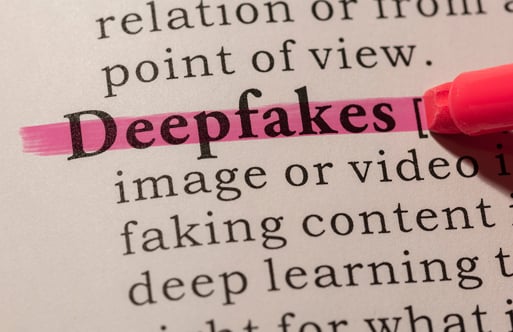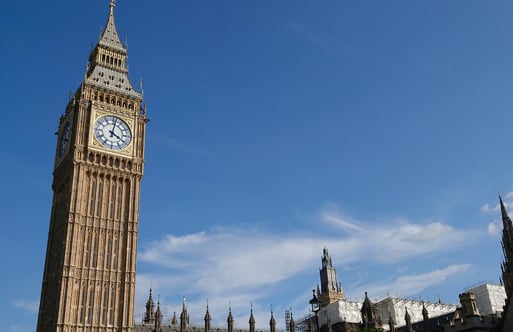One area that has intrigued me is the research work that floods my mailbox from all sorts of organisations making these claims for Web 2.0, Virtualisation, SaaS and so on.
What intrigues me is that the final output from the work tends to be a 50 page pdf to download or a PowerPoint deck. In other words, in a world of Youtube, Blogs and Wikis, our preferred mode of dissemination as an industry is the traditional linear report. Do you find that a little odd?
One of the things that I have learned to look out for is weak signals. These are examples not of best practice, but emerging next practice that show innovative potential that may become more widespread in time.
I recently came across work done by IPSOS Mori with the Local Government Association and the Horizon Scanning Unit at DIUS. They have conducted an interesting piece of research on the "Future of Local Services to the Public". Instead of the final report, what they have done is to put their research onto a wiki and opened up the wiki to the wider community. I think it’s a bold experiment that deserves a pat on the back. Usually the final report decays in value over time. Here the end of the research phase in this project a community has been launched which can take the ideas forward. I hope it succeeds. What we should do, I suggest, regardless of the outcome on this project is to think of how we might develop this approach on a wider basis.
Another, really interesting example is the Power of Information Task Force. This is a group sponsored, by a Minister, Tom Watson M.P. Over the last year they have conducted an extensive consultation on how to better use public information to serve the needs of our citizens, based on an earlier excellent report by Ed Mayo and Tom Steinberg. I have followed it as an observer over its life. The work has been done online, openly using the tools of web 2.0. It offers an insight into how interaction between the state and the citizen may evolve. It also poses a challenge to make sure that all citizens have access to digital technologies, if this really is the way forward.
Again, if interested, look at http://powerofinformation.wordpress.com/
Both of these examples also show working between public, private and third sectors in innovative ways. If that is a weak signal, it is a sign of hope in difficult times. Fingers crossed!

















